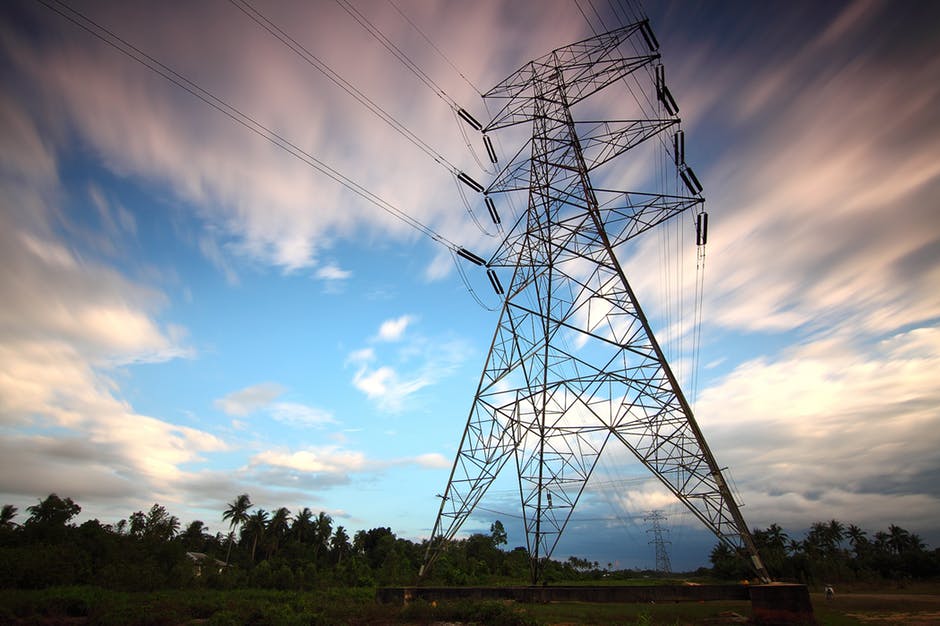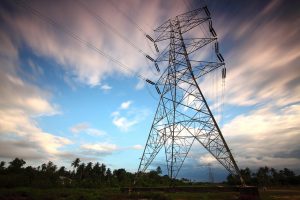After Europe’s biggest blackout in over 20 years, experts warn that while such incidents are rare, no grid is infallible
Europe’s biggest blackout in over 20 years on the Iberian peninsula unleashed hours of chaos for people in Spain, Portugal and parts of France earlier this week. But in the aftermath it has raised a common question for governments across the continent: could the same happen here?
Europe’s political leaders and energy system operators have given assurances that such blackouts are extraordinarily rare, and that European power grids are some of the most stable in the world.
Yet energy experts have warned that although wide-scale blackouts may be rare, no grid is infallible. Prof Jianzhong Wu, the head of the school of engineering at Cardiff University, told the Guardian blackouts “can happen anywhere”.
“Despite today’s high standards of reliability, low-probability but high-impact blackout events can still happen. These networks are not designed to be completely blackout-free because achieving such a level of reliability would require investment far beyond what is economically feasible,” he said.
Charmalee Jayamaha, a senior manager at the UK government-backed Energy Systems Catapult, said:
“No system can be 100% resilient,” so risks “need to be balanced with our willingness to pay to reduce them”.
If no power system is bulletproof, then what are the risks that could trigger a catastrophic blackout in any country? Here we look at the top reasons a power system might collapse.
‘Hand of God’
Major power system collapses are frequently due to factors that are difficult to foresee or control.
Extreme weather events and natural disasters present a clear risk because storms, heatwaves and earthquakes can lead to devastating damage to critical national infrastructure. Lightning strikes and solar flares have also been known to damage vital equipment such as substations and power lines, which are crucial to maintaining the stability of the grid.
Early reports suggested that Spain’s blackout had been caused by a “rare atmospheric phenomenon” due to a sudden change in temperature, which may have destabilised the grid. But the grid operator, Red Eléctrica, later dismissed the theory.
Read more: The Guardian




